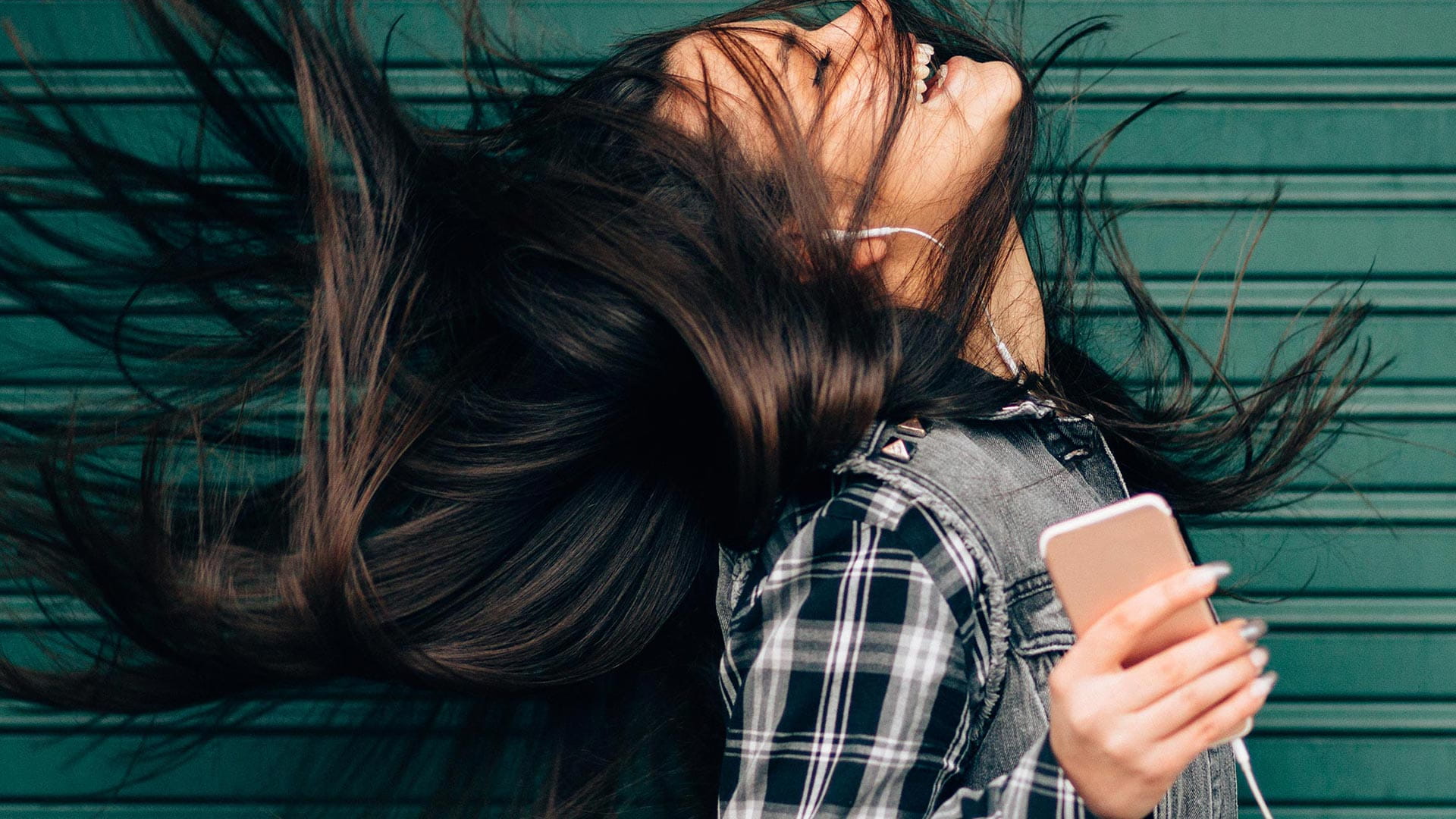
Do Headphones Cause Hearing Loss?
Earbuds and headphones have become a staple among our electronics, and an integral part of how we listen to music. One has to wonder, do headphones cause hearing loss, or is that a scare tactic to make teens take out their earbuds?
Created Updated
It's hard to listen to music without headphones nowadays. Many sound systems cannot handle the intensity of certain songs, and musicians have found ways to work earbuds into their music. Some songs sound different with or without headphones and might lack depth when coming from speakers.
However, many studies imply that earbuds cause hearing loss. This isn't caused by using them, necessarily. Like most things, headphones can be used incorrectly and cause damage to our health. By using them too often and too loudly, we can irreparably damage our ability to hear. This is a primary concern for young people who listen to music too loudly and too frequently.
The danger caused by listening to loud music isn't a new concept.
Young people have been listening to loud music for decades, dating back to rock concerts more than 40 years ago. Only musicians and avid groupies became hard of hearing because of these practices. However, where most people were only attending loud concerts occasionally, young people now are listening to loud music almost every day. This is leading to early-onset cases of NIHL, or noise-induced hearing loss.
How headphones damage your hearing
By funneling sound directly into your ears, headphones improve sound quality and allow people to listen to music in private. There's no need for speakers to play the music out loud, and you're the only listener to the private show. Guitars sound crisper, vocals more detailed, and effects like surround sound are achieved easily. However, this also leaves room for danger.
To block out other sounds, the volume can be turned up to dangerous levels. To give you an idea of how loud this actually is, let's do a comparison. A motorcycle engine operates at 100 decibels, and a chainsaw works at about the same volume. These are loud, unpleasant noises that can hurt our ears and cause ringing for hours afterwards.
In comparison, a music player working at 70% volume is playing sounds as loud as 85 decibels. These sounds are played directly into your ears, intensifying this effect. If you’re on a noisy bus or an airplane, you turn up the volume to make the music stand out from the background noise. If the background noise is 75 dB, you might increase the volume to 90 dB to hear it clearly. The problem is, that the ear doesn’t care why you turn the volume up. To the ear 90 dB is 90 dB.
How can I prevent hearing loss?
Don't panic; you don't need to snip all your headphone cords to prevent hearing loss. Making sure to keep a reasonable volume can protect your ears a great deal; limiting your use of these devices helps as well.
It’s a smart move to wear headphones with either good passive or active noise cancellation. By reducing the external noise, you can play music at a safe level and still hear it relatively loud and clear. In addition, take time during the day to enjoy silence or quiet noise, and never fall asleep with music playing through your headphones. Just like other muscles, our ears become tired and need to rest. Therefore, you need to take listening breaks to protect your ears. By lowering the volume and avoiding prolonged exposure, you can maintain a healthy relationship with music and lower your risk for NIHL and tinnitus.
If you believe you might have hearing loss already, a hearing test can help you determine whether or not you need a professional diagnosis. Before spending money to get an audiogram and full examination, try using online resources. Signia offers an online hearing test. Hearing loss is something to be taken seriously and discovering it early can allow you to get important treatment.
Hearing aids can allow you to hear clearly again, and early diagnosis can help you avoid the other dangers of hearing loss.